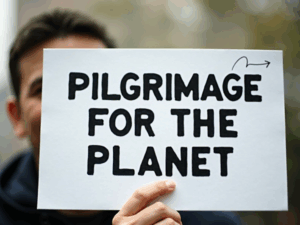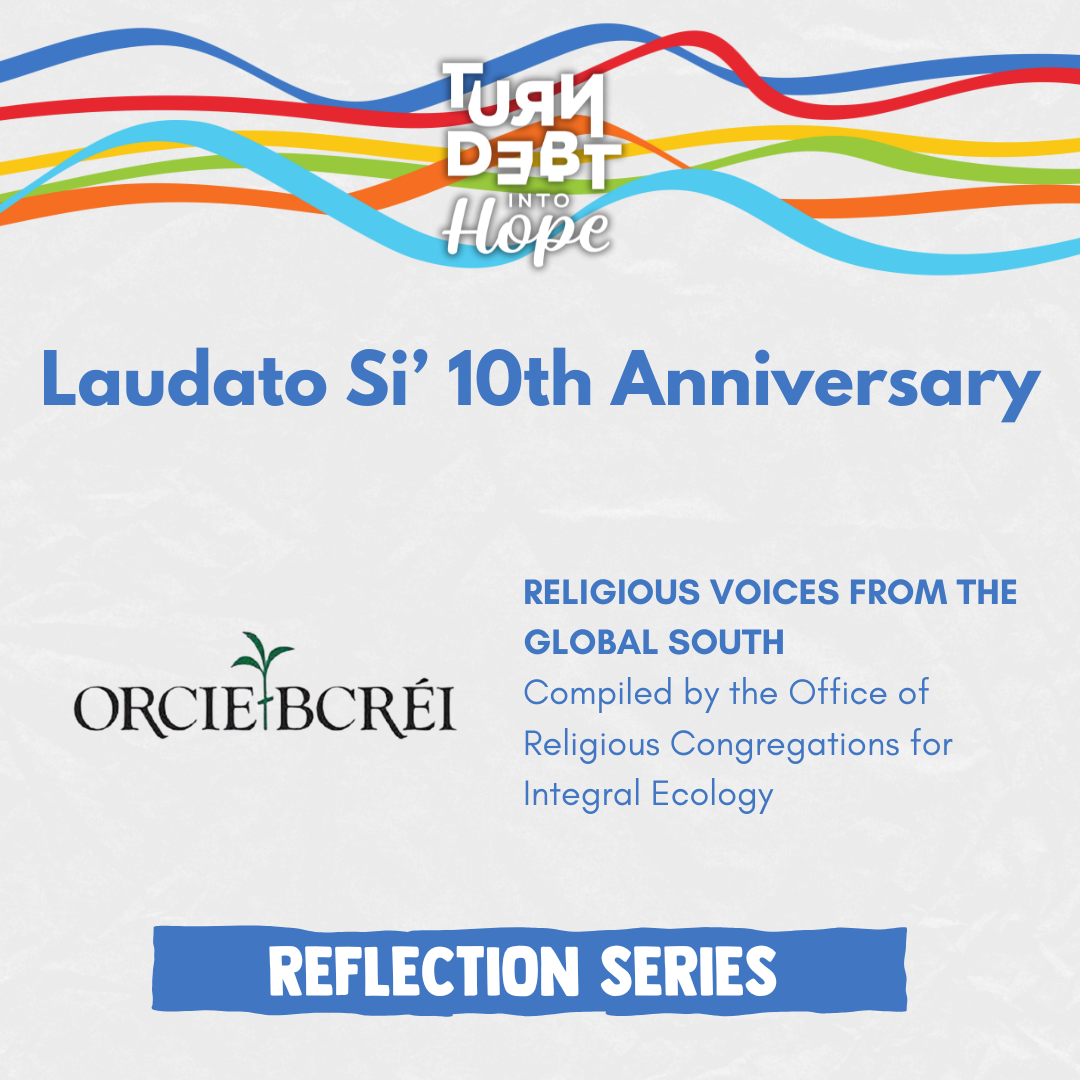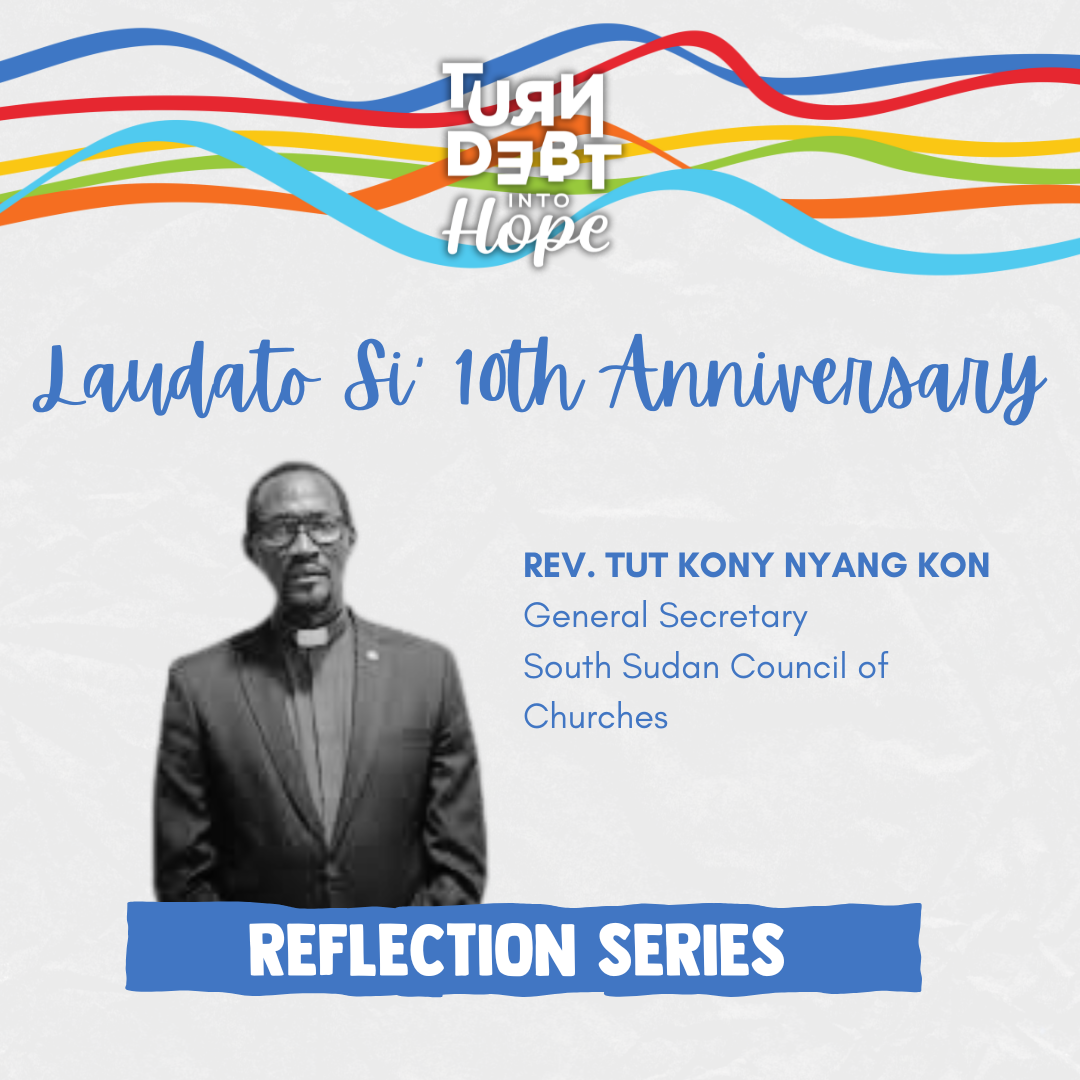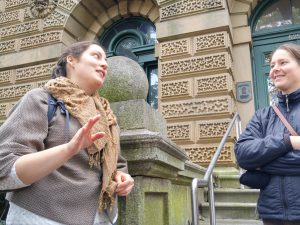Reconciliation in the Watersheds of Mi’kmaki
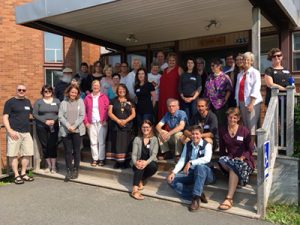
On September 16, over 30 people gathered on unceded Mi’kmaki territory for a day-long Reconciliation in the Watershed workshop to learn about our relational connection to the watershed and the people who live within it. KAIROS Canada hosted this workshop with the Tatamagouche Centre, as part of a series of Reconciliation in the Watershed workshops being held across the country this fall.
Dorene Bernard, a Grassroots Grandmother from Sipekne’katik First Nation, opened the day with a water ceremony. She offered a Prayer of Thanksgiving for Mother Earth and our Sacred Water, and the group prepared a water bundle offering. Standing on the shores of the French River, we offered the bundle to the waters and sang the Anishinaabe Nibi Water Song.
Following the ceremony, Grandmother Dorene presented on a number of issues affecting local watersheds in the region, including mining, fracking, pollution, and natural gas storage. Most notably, she spoke to the lack of consultation and free, prior, and informed consent from her community with respect to the Alton Gas Project, which plans to develop underwater salt caverns to store natural gas near Stewiacke, Nova Scotia. The project would use water from the Shubenacadie River to hollow out underwater salt caverns and then return the brine mixture back into the river.
Alton Natural Gas Storage L.P. contacted KAIROS Canada in advance of this workshop to share information about the project. They drew attention to their engagement with Mi’kmaq communities, including a Mi’kmaq Ecological Knowledge Study that was conducted for Alton and an Independent Science Review led by the Kwilmu’kw Maw-klusuaqn Negotiation Office (KMKNO) on behalf of the Assembly of Nova Scotia Mi’kmaq Chiefs. While the assessment process involved the Government of Nova Scotia, Alton Natural Gas, and the Assembly of Nova Scotia Chiefs, the Mi’kmaq of Sipekne’katik were not consulted and the project did not receive their free, prior and informed consent. As a result, the Sipekne’katik formally withdrew from the Assembly of Nova Scotia Mi’kmaq Chiefs in January 2016 and now represents itself on all consultation and negotiation matters that impact the rights and interests of Sipekne’katik and its members. Mi’kmaq communities and non-Indigenous allies opposing the Alton Gas project have set up a Treaty Truckhouse on the banks of the Shubenacadie River near the Alton Gas site, as a demonstration of resistance to the project and to bring awareness to the government’s failure to consult with Sipekne’katik First Nation.
The workshop continued in the afternoon following some individual reflection on the grounds of the Tatamagouche Centre. Participants were guided through a series of images, exercises, and discussion to reflect on the role of the watershed in our identity and daily lives, the history of the watershed and its first peoples, and on the legacy of colonialism and industrialization on the watershed and on relationships between Indigenous peoples and settlers.
To learn more and to support the work of the Grassroots Grandmothers and the Treaty Truckhouse against Alton Gas, visit Stop Alton Gas. Information on how to respectfully and helpfully visit the Truckhouse and Treaty Camp.
Learn more about KAIROS’ upcoming Reconciliation in the Watershed workshops

